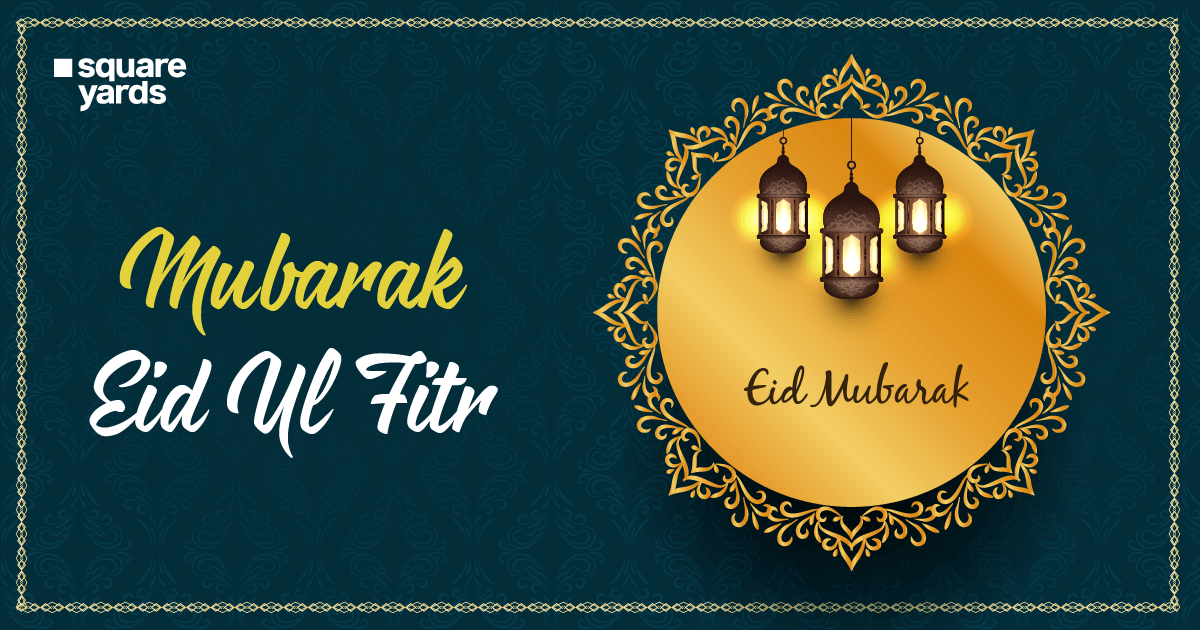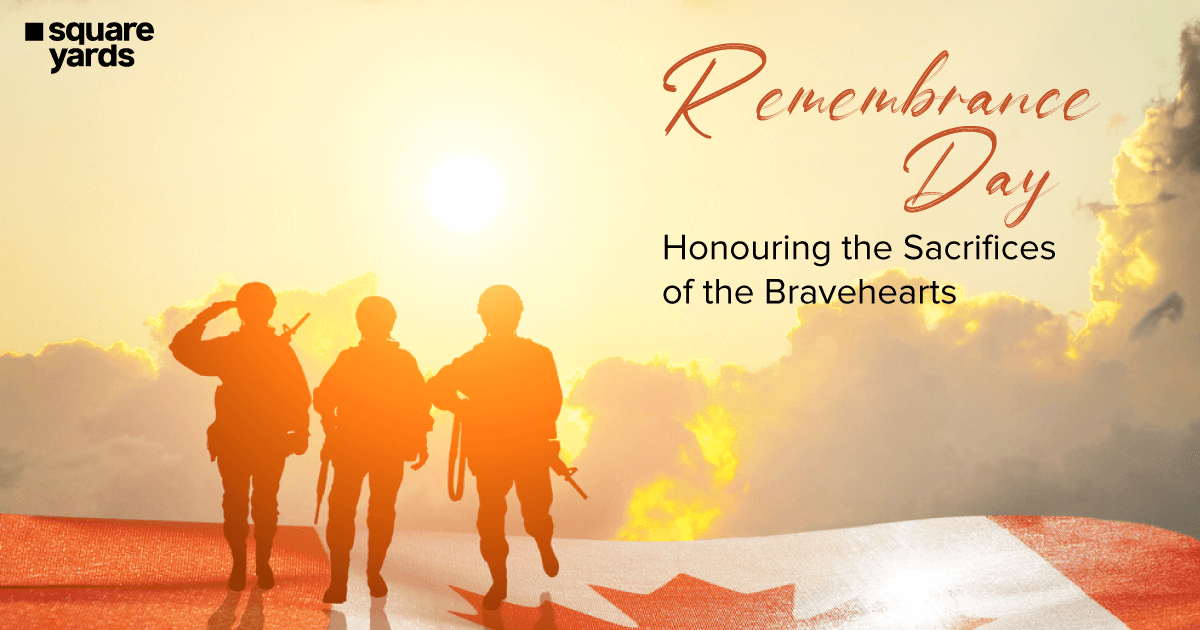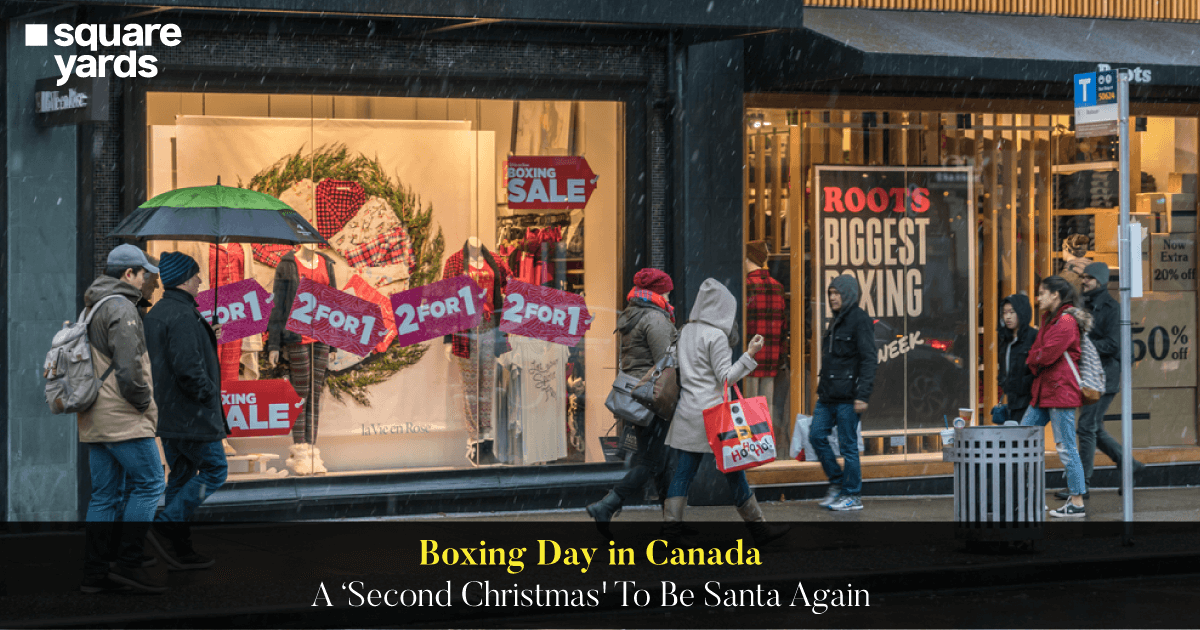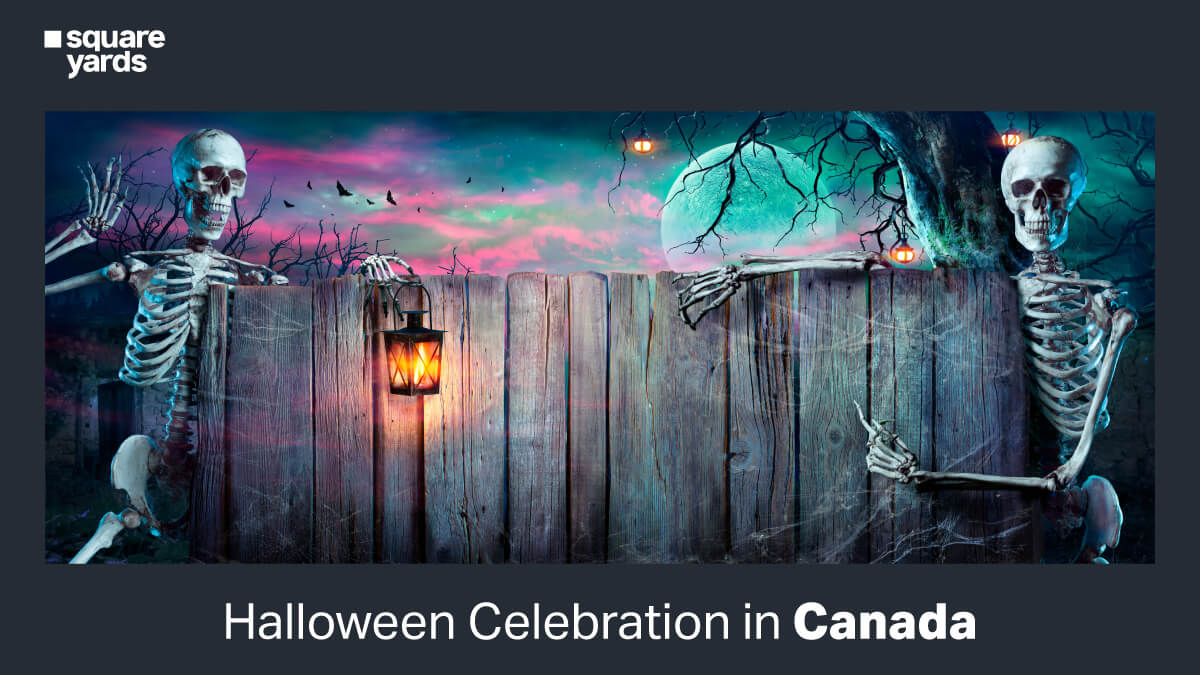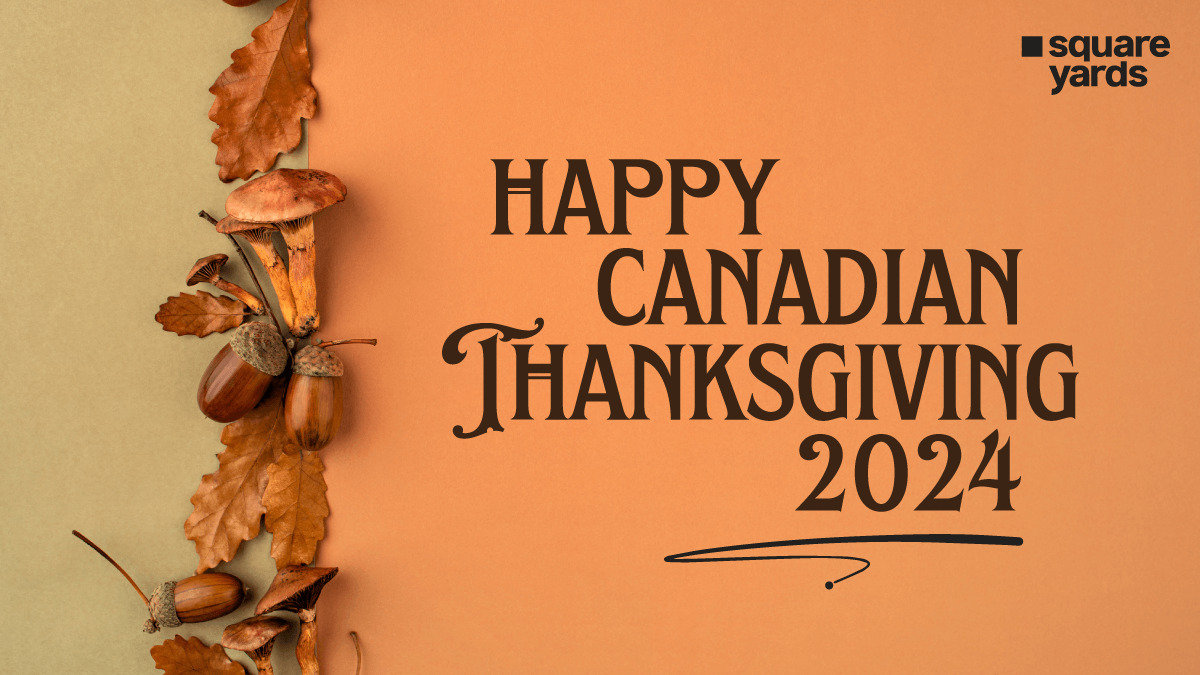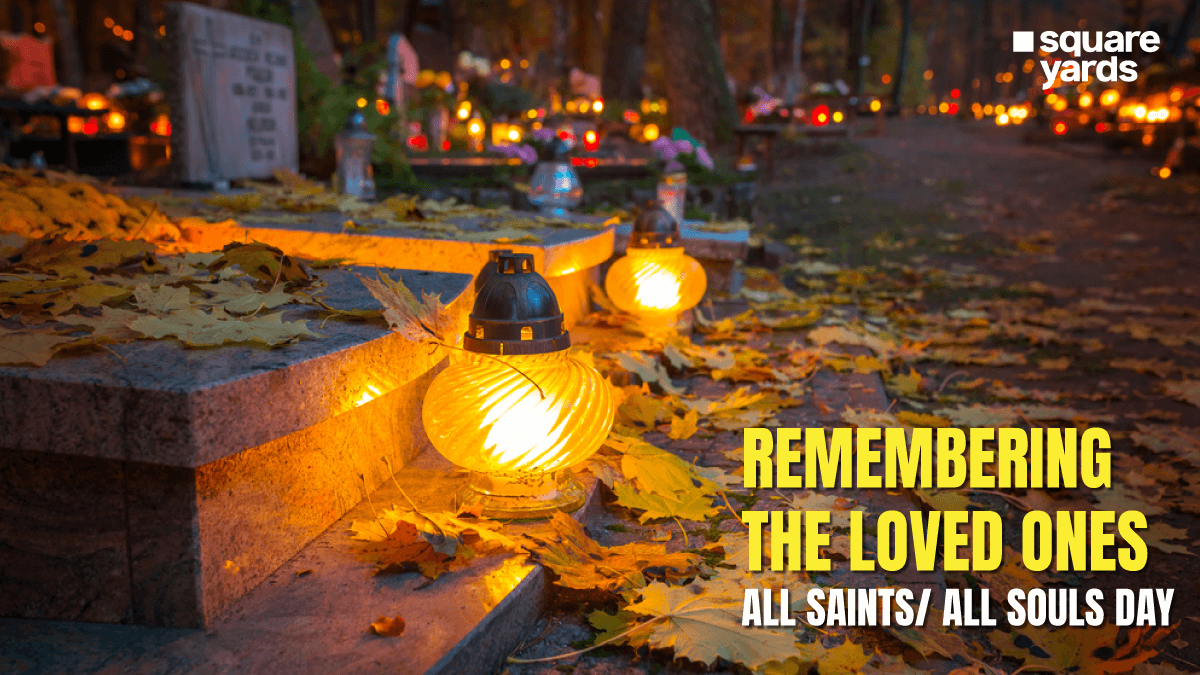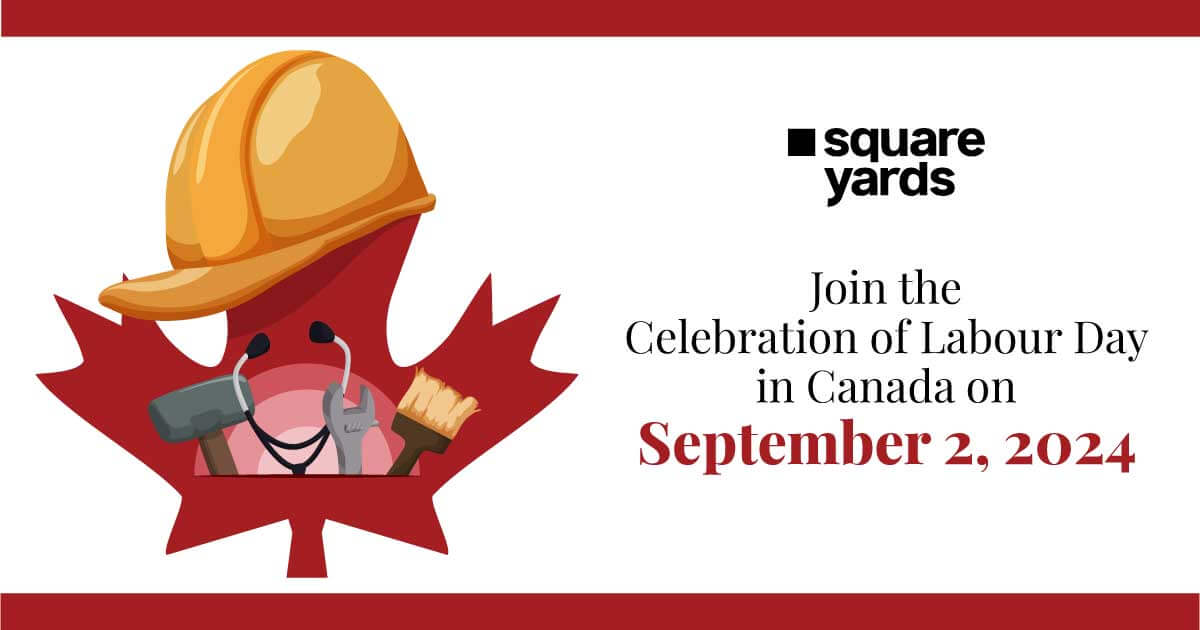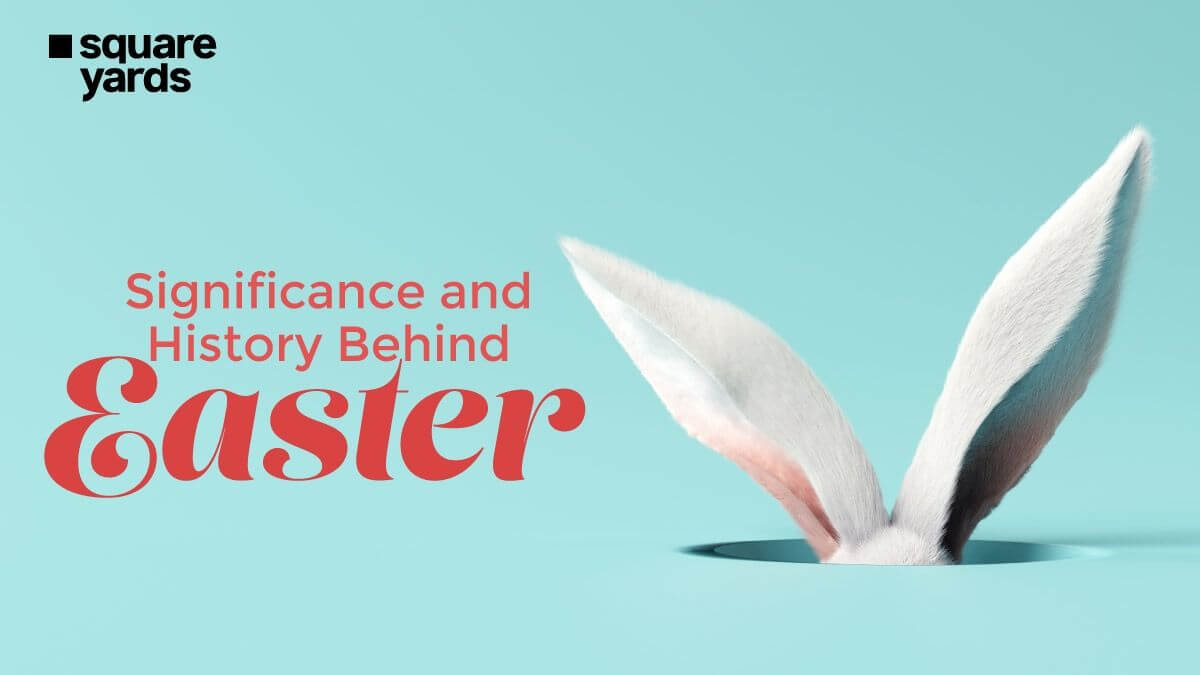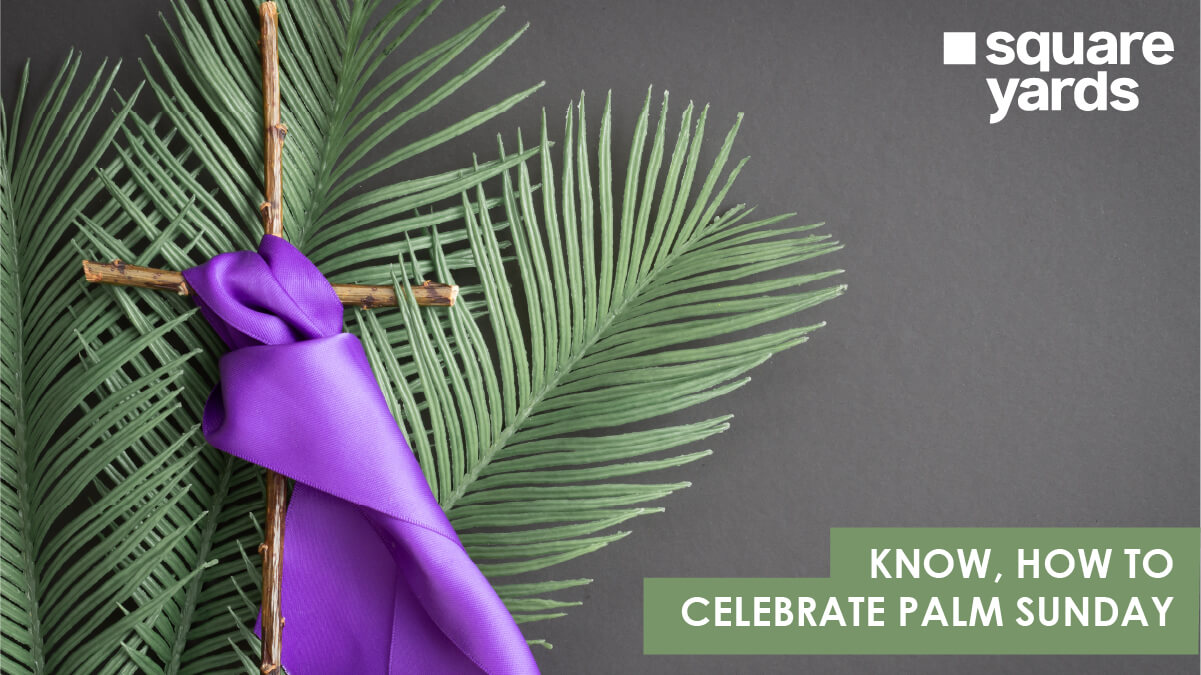Are you ready to create new memories and experience the joy of Eid Al Fitr in Canada? As the festival approaches, what are your plans for Eid Al Fitr 2025? Let us guide you through the essence of this beautiful occasion, its history, traditions, and how it is celebrated across Canada. If you’re wondering about its significance, Eid Al Fitr marks the end of Ramadan and the breaking of the fast. The celebration begins with the sighting of the moon, signifying the conclusion of Ramadan and the arrival of Shawwal, the next month in the Islamic calendar.
In 2025, Eid Al Fitr is expected to be observed on Monday, 31st March 2025, subject to the moon sighting. As one of the most multicultural countries in the world, Canada’s diverse society ensures that this festival is celebrated with great enthusiasm and devotion. Let’s explore the origins, traditions, and unique ways Eid Al Fitr is celebrated in Canada.
History of Eid Al Fitr in Canada
Eid Al Fitr, or the “Festival of Breaking the Fast,” has its origins in the time of Prophet Muhammad. According to Islamic tradition, this festival was introduced after the Prophet migrated from Mecca to Medina in 622 CE, an event known as the Hijra. Upon his arrival, the Prophet noticed the local people celebrating on two specific days. He proclaimed that God had replaced these with two divinely designated celebrations: Eid Al Fitr and Eid Al Adha. Eid Al Fitr is celebrated after Ramadan, the holy month of fasting and prayer. It is a day of gratitude to Allah for providing strength during Ramadan, fostering a sense of unity and compassion among Muslims. The giving of Zakat al-Fitr, a mandatory form of charity, ensures that the less fortunate can join the celebrations.
The timing of Eid Al Fitr depends on the sighting of the new moon, marking the beginning of Shawwal, the 10th month of the Islamic calendar. If the crescent moon is not sighted on the 29th day of Ramadan, fasting continues for a full 30 days before the festival begins. This lunar dependency causes the date of Eid Al Fitr to vary each year. In 2025, Eid Al Fitr is anticipated to be observed on Monday, 31st March, subject to the sighting of the moon. Historically, this day has been a time for reflection, joy, and togetherness, celebrated by Muslims worldwide through prayers, charity, and feasting.
Tradition Way of Celebrating Eid Ul Fitr
Eid Al Fitr is a significant occasion for Muslims worldwide, symbolising the conclusion of Ramadan and the renewal of spiritual strength. The day begins with an early morning prayer, known as Salat al-Eid, performed in mosques or open spaces. Worshippers gather in large numbers, dressed in new or finest clothes, to offer their prayers and express gratitude to Allah. Homes are decorated with lights, lamps, and other festive decorations to create a celebratory atmosphere. It is customary for families to exchange greetings of “Eid Mubarak” and gifts as tokens of love and goodwill. Sharing happiness and generosity is central to this festival.
Food is a vital aspect of Eid Al Fitr celebrations. After a month of fasting, families and friends come together to enjoy a variety of traditional dishes. The morning often begins with a light meal, such as dates and milk, before heading to prayer. Special meals like Sheer Khurma, a sweet milk and vermicelli dessert, and other regional dishes are prepared and shared. Another essential tradition is giving Zakat al-Fitr, a charitable contribution made before the Eid prayer. This practice ensures that even those in need can participate in the joy of Eid. It reflects the values of empathy, community, and generosity integral to Islamic teachings.
In Canada, the multicultural essence of the country adds unique flavours to Eid celebrations. From South Asian samosas and biryani to Middle Eastern baklava and kebabs, the diversity in cuisine highlights the inclusivity of the festival. Mosques and community centres often host events, bringing people together for collective prayers, meals, and festivities.
What is Ramadan
Ramadan is the ninth month of the Islamic lunar calendar and holds immense significance for Muslims worldwide. It is a month dedicated to spiritual reflection, self-discipline, and acts of compassion. During Ramadan, Muslims fast daily from dawn (Fajr) until sunset (Maghrib), abstaining from food and drink and negative behaviours such as gossip, anger, or unkind actions. This fasting is seen as a way to purify the soul, strengthen one’s connection with Allah, and empathise with those less fortunate.
Fasting begins with Suhoor, a pre-dawn meal that provides energy for the day ahead. As the sun sets, the fast is traditionally broken with dates and water during Iftar, followed by a hearty meal shared with family and friends. While fasting is a central tenet, Ramadan is about much more than refraining from food. It is a time for Muslims to deepen their faith through increased prayer, Quranic recitation, and acts of kindness. Special nightly prayers called Tarawih are held at mosques, where long portions of the Quran are recited.
For those unable to fast due to valid reasons, such as health conditions, pregnancy, travel, or advanced age, Islam provides alternatives. These individuals can make up the missed fasts later, when feasible, or offer Fidya, a form of compensation. Fidya involves feeding a person in need for each missed fast, ensuring the spirit of Ramadan’s compassion and generosity is upheld. This allowance reflects the inclusivity and understanding inherent in Islamic teachings.
One of the most spiritually significant nights of Ramadan is Laylat al-Qadr, or the Night of Power, which is believed to occur on one of the odd nights in the last ten days of Ramadan, most commonly the 27th night. It is during this night that Muslims believe the first verses of the Quran were revealed to Prophet Muhammad. Worshippers spend the night in prayer, seeking forgiveness and blessings. In 2025, Ramadan is expected to begin on Saturday, 1st March, and conclude on Sunday, 30th March, with the festive celebration of Eid Al Fitr commencing shortly after. The dates are determined by the lunar calendar and may vary based on the sighting of the moon.
Famous Eid Al-Fitr Food in Canada
Eid Ul Fitr in Canada is not an official national public holiday. However, several Islamic businesses and organisations take a few hours of a break during this event. Every year, congestion is noticed around mosques. This festival is known for sweets. The community people or non-community can enjoy delicious food on and around every corner of the street. Some of the notable foods of this festival are:
Sheer Khurma
Sheer Khurma is also known as Saviya. It is a prominent Eid al-Fitr dessert among South Asian Muslims. It is made in milk by stirring rice noodles with ghee, dry fruits, sugar, saffron and cardamom. Several families enjoy Saviya just after the morning Eid prayer for brunch. The dessert is similar to a sweet noodle soup. Some people love to serve it cold, while others serve it hot.
Stuffed Dates
Dates are tasty, but several people would prefer to make them more delicious by putting in some extra efforts for Eid Al-Fitr. Dates are filled with nut butter, cream cheese, and sweet pastes made from nuts, honey, and rose water are common stuffings.
Semolina Desserts
This delicious dish is also known as Halwa. Halwa is in soft solid form. It is stir-fried with ghee, flour, eggs and sugar to create halwa, a sweet dish.
Sweet Rice
Rice is cooked with sugar and saffron to create shole zard, a dessert. Further, dried fruits and dates are added to the rice to give a sweet flavour to the religious dish.
How Do Canadian People Celebrate Eid?
In Canada, Eid Al Fitr is celebrated with immense enthusiasm, reflecting the nation’s multicultural essence and inclusive spirit. Although it is not a public holiday, Muslim communities ensure the day is marked with vibrant traditions and festivities that unite people. The day begins with Eid prayers held at mosques, community centres, or large open spaces to accommodate the gatherings.
In 2025, several events across Canada highlight the diversity and grandeur of Eid celebrations:
-
- Eid Festival at Nathan Phillips Square, Toronto: A large-scale event featuring food stalls, cultural performances, and an open-air prayer area, bringing the community together for a vibrant celebration.
- Halal Cruise’s Eid Bazaar, Brampton: Offering a unique shopping experience with halal products, entertainment, and family-friendly activities.
- Sunshine Grand Eid Bazaar, Mississauga: A festive bazaar featuring shopping stalls, food vendors, and live entertainment, perfect for families to enjoy the spirit of Eid.
- Eid Celebration at the Muslim Association of Canada Centre, Vancouver: This event includes community prayers, a cultural bazaar, and activities such as face painting and henna art for families.
- Eid Al Fitr Gathering at Parc Jean-Drapeau, Montreal: A day-long celebration with traditional food, live music, and a fireworks display to conclude the evening.
- Ramadan and Eid Bazaar, Brampton: A comprehensive marketplace offering traditional attire, accessories, and culinary delights to celebrate Eid in style.
These events allow Muslims and non-Muslims to engage in the festivities, fostering cultural exchange and mutual understanding. In addition, Canadian communities organise interfaith gatherings, sharing meals and experiences with people of different backgrounds. Local officials often attend these events, further promoting inclusivity and harmony.
Wrapping Up
Eid Ul Fitr in Canada 2025 is anticipated to bring new hope and optimism into the lives of the Muslim community. With the month long fasting coming to an end, it gives the perfect chance to connect with Allah and seek spiritual purity. While preparing for the celebrations on 31st March 2025, it must be noted that the dates might shift as per the changes in the moon sightings.
You May Also Read :
| Celebrate Canada Day | Canada Day |
| Guide To Civic Holiday in Canada | Civic Holiday in Canada |
| History of Good Friday | Good Friday |
| Traditions of Eid Al Adha | Eid Al Adha |
| Know About Shrove Tuesday | Shrove Tuesday |
Frequently Asked Question (FAQs)
When will Eid Al Fitra 2025 be celebrated?
Eid Al Fitr 2025 is expected to be celebrated on Monday, 31st March 2025, subject to the sighting of the new moon. As the Islamic calendar is lunar-based, the exact date may vary depending on the moon sighting in different regions.
What is the meaning of Eid Al Fitr?
Eid Al Fitr means breaking the fast of the 29 days long Ramadan month.
Why do they celebrate Eid Al Fitr?
It is a religious festival of the Muslim community. This festival signifies the close of Ramadan, the Islamic holy month.
Is Eid ul Fitr and Ramadan the same?
No, Eid Al Fitr and Ramadan are not the same. Ramadan is the ninth month of the Islamic calendar, observed as a month of fasting, prayer, and reflection. Eid Al Fitr, on the other hand, is the festival celebrated at the end of Ramadan, marking the conclusion of the fasting period with prayers, charity, and festivities.
What are 3 things that happen during Eid Al Fitr?
During Eid Al Fitr, Muslims perform special prayers (Salat al-Eid) in congregation, give mandatory charity (Zakat al-Fitr) to help the less fortunate, and celebrate by gathering with loved ones, exchanging gifts, and enjoying festive meals.

